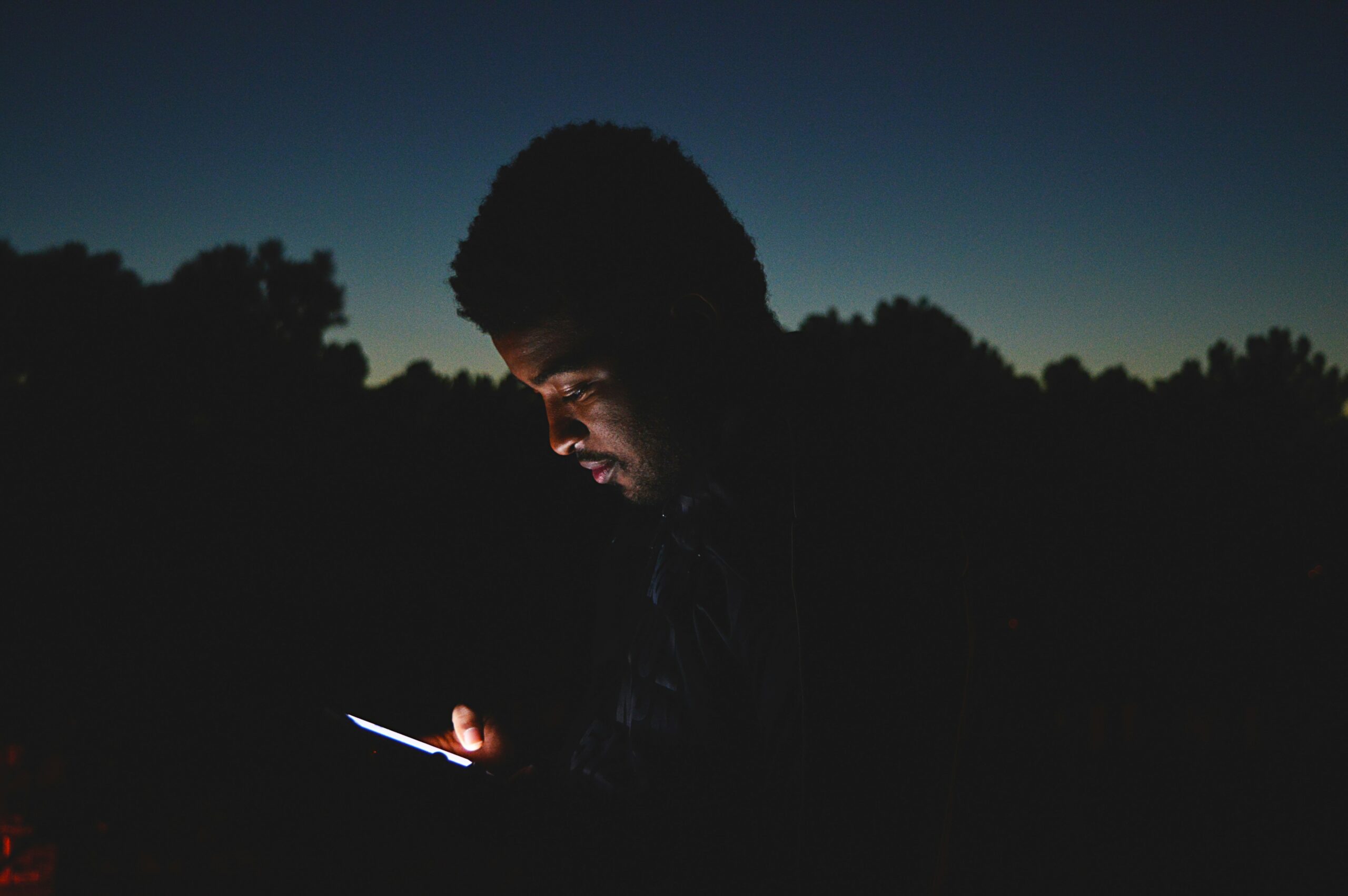As our readers are aware, the legality of telemarketing during quiet hours has been a hot topic in recent months. Last week, another putative class action Complaint was filed as a result of text messages that the Plaintiff alleges he received outside the hours of 8:00 a.m. and 9:00 p.m. In Valero v. Fizzies Sweets, LLC., Plaintiff claims that he received two text messages from Defendant at around 3:52 a.m. If Plaintiff’s allegations are proven true, Plaintiff maintains that delivery of telemarketing at such an early hour violates the Telephone Consumer Protection Act’s (“TCPA”) telemarketing quiet hours provision, exposing Defendant to a potentially significant monetary judgment.
As our readers are aware, the TCPA is a federal statute that restricts certain types of telemarketing communications. Every day, numerous TCPA complaints alleging violation of the TCPA and its state analogs are filed across the country. In the wake of Facebook v. Duguid, TCPA plaintiffs have increasingly turned to other portions of the statute when bringing their litigation claims. Up until recently, very few lawsuits were filed alleging that telemarketing during “Quiet Hours” violated the TCPA. However, Valero is a stark reminder that businesses must continually evaluate how to navigate the TCPA and its implementing regulations.
The Facts Alleged in Plaintiff’s Telemarketing Quiet Hours Lawsuit
Defendant is an online purveyor of freeze-dried candy. In his lawsuit, Plaintiff alleges that he received commercial text messages from Defendant at 3:52 a.m. and 3:53 a.m. local time on his cellular phone. Plaintiff claims that he never authorized Defendant to send him telephone solicitations before 8 a.m. or after 9 p.m. Plaintiff further alleges that his cellular phone is utilized solely for personal purposes and that his telephone number should, therefore, be treated as a residential phone line under the law.
Applying the Relevant Statutory Provisions to Plaintiff’s Claims
The Plaintiff’s Complaint details that the TCPA’s applicable implementing regulations, found at 47 C.F.R. § 64.1200(c)(1), provide, in pertinent part, that: “[n]o person or entity shall initiate any telephone solicitation” to “[a]ny residential telephone subscriber before the hour of 8 a.m. or after 9 p.m. (local time at the called party’s location).” 47 C.F.R. § 64.1200(c) further states that these restrictions are “applicable to any person or entity making telephone solicitations or telemarketing calls to wireless telephone numbers.”
According to Plaintiff, any residential telephone subscriber who has received more than one telephone solicitation within a 12-month period from, or on behalf of, the same entity outside of what Plaintiff alleges are acceptable telemarketing hours entitles him to a private right of action under the TCPA. Because Defendant appears to have sent Plaintiff two marketing text messages before 8 a.m. local time, if Plaintiff’s construction of the TCPA is deemed valid, he may have a claim under the statute. If the Court rules in Plaintiff’s favor, Defendant may be liable for $500, or $1500 if its conduct is proven willful, per text message sent in violation of the TCPA, on a class wide basis.
Why is Valero Important to Your Business?
Telemarketing quiet hours allegations may not be as familiar to some in the industry as claims of prerecorded voice calls or National Do-Not-Call Registry violations, but make no mistake, these claims could result in significant cost. More importantly, we have seen these “Quiet Hours” claims filed at an unprecedented rate over the past several months. In response, the Federal Communications Commission (“FCC”) is taking steps to hopefully clarify this issue. On March 11, 2025, the FCC released a Public Notice seeking comment on whether the TCPA’s “Quiet Hours” provisions require that a consumer must provide express written consent to the receipt of text messages and calls if delivered outside the hours of 8:00 a.m. to 9:00 p.m.
Businesses should also be aware of the fact that many state-specific “Mini-TCPA’s” contain their own acceptable hours for telemarketing. With certain exceptions, best practices dictate that telemarketing communications should only be delivered between 9 a.m. and 8 p.m., Monday to Friday (excluding certain holidays), recipient local time.
The attorneys at Klein Moynihan Turco have extensive experience in providing TCPA compliance advice and defending all manner of telemarketing lawsuits. If you require assistance with telemarketing law compliance or related litigation defense, please email us at info@kleinmoynihan.com or call us at (212) 246-0900.
The material contained herein is provided for information purposes only and is not legal advice, nor is it a substitute for obtaining legal advice from an attorney. Each situation is unique, and you should not act or rely on any information contained herein without seeking the advice of an experienced attorney.
Attorney advertising
Photo by Rui Silvestre on Unsplash
Similar Blog Posts:
New TCPA Arbitration Decision Provides Roadmap To Enforcement
Did This Fresh Subway TCPA Litigation Decision Refresh A New Type Of Claim?




